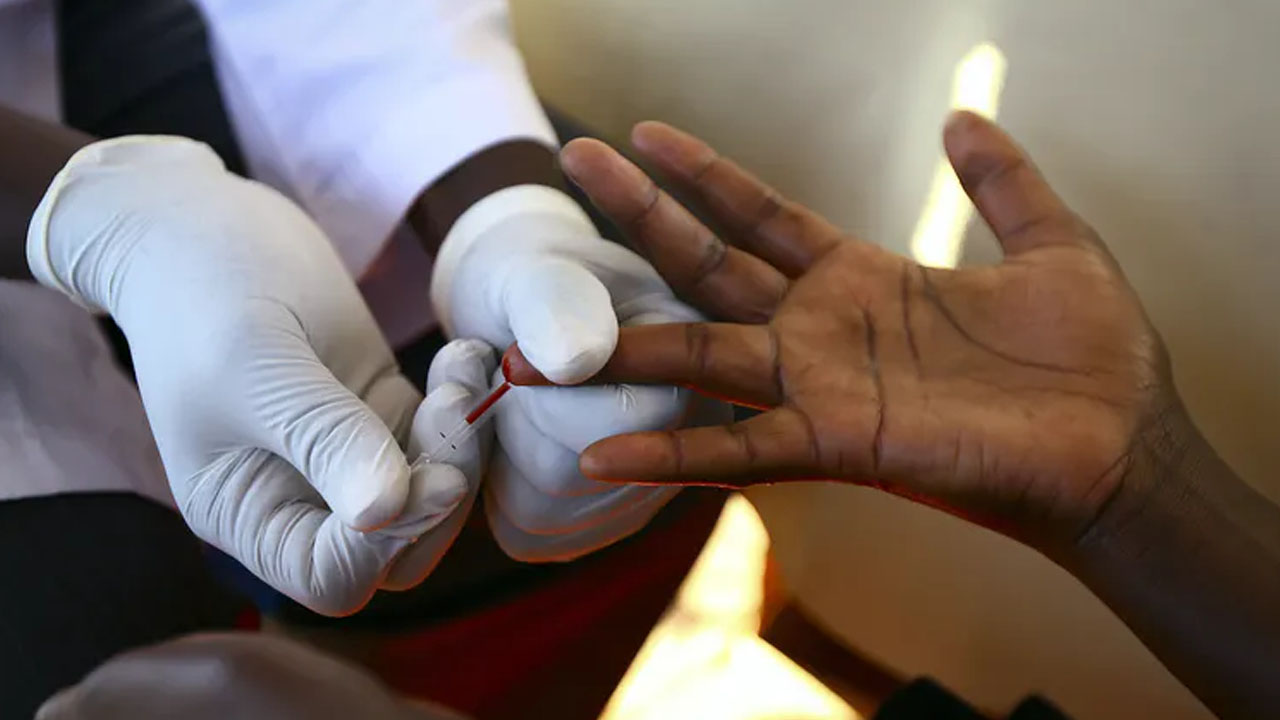 Smart earplugs giving U.S. soldiers ‘super-hearing’
Smart earplugs giving U.S. soldiers ‘super-hearing’
For people who suffer from tinnitus, the persistent ringing, buzzing, or whistling in their ears can be unpleasant and even lead to severe problems like depression or anxiety.
Tinnitus affects around 300 million people worldwide – a figure which is only going to get larger, according to a new study.A group of researchers in Canada has found young people are increasingly suffering from persistent noises in their ears that typically impact those over 50.
Tinnitus is the term for hearing sounds that come from inside the body, rather than from an outside source.It is often described as ‘ringing in the ears’, although several sounds can be heard, including buzzing, whistling, grinding and humming.
Some people may hear sounds similar to music or singing, and others hear noises that beat in time with their pulse.Some notice their hearing is not as good as it used to be, and they are more sensitive to everyday sounds.
Scientists at McMaster University, Ontario, tested 170 students’ hearing and found over a quarter are already experiencing chronic, persistent tinnitus.
This increase is due to ‘risky listening habits’ like listening to loud music at parties, in clubs and on personal listening devices like phones – which almost all of the students engaged in, according to the researchers.
“It’s a growing problem and I think it’s going to get worse,” said Dr Larry Roberts of McMaster’s Department of Psychology, Neuroscience and Behaviour, author of the paper published in the journal Scientific Reports.
“My personal view is that there is a major public health challenge coming down the road in terms of difficulties with hearing.”28 per cent of the study participants had already developed persistent tinnitus.The tests found those experiencing tinnitus were more likely to have a significantly reduced tolerance for loud noise.
This is considered a sign of hidden permanent damage to the nerves used in processing sound, which can lead to serious hearing impairment later in life.
Roberts said when auditory nerve are damaged, brain cells increase their sensitivity to their remaining inputs, which can make ordinary sounds seem louder.
This means perceiving sounds more loudly could be an indication of nerve injury that might not be detected by a standard hearing test.“The levels of sound exposure that are quite commonplace in our environment, particularly among youth, appear to be sufficient to produce hidden cochlear injuries. The message is, protect your ears.”
It is common after listening to loud music to experience a ringing in the ears for the next day or so, Roberts said, but this brief tinnitus is an early warning sign.
The 28 per cent of participants with persistent tinnitus also showed heightened sensitivity to loud sounds, indicating the neurons that transmit sounds to the brain may have been damaged, said Roberts.
While some other forms of hearing loss can be repaired, such nerve damage cannot be undone. The only solution, he says, is prevention. Meanwhile, more than half of all troops returning from combat zones with some sort of damage to their hearing.
But now 20,000 members of the United States (U.S.) military are using smart ear-buds that reduce the high-level impulse noises, all while heightening very low signature types sounds for ‘super hearing’ abilities.
Called Tactical Communication and Protective System, this military device is also set to be used in headsets for everyone from construction workers to music fans. Tactical Communication and Protective System (TCAPS) were first put into develop in 2007 by Army’s Training and Doctrine Command at Fort Monroe.
The group hoped these earbuds would address the problem of hearing damage by both actively reducing damaging battlefield noise and simultaneously enhancing hearing and communication to deliver tactical advantage, said Captain Jack Moore, part of the Project Manager Soldier Warrior team.






